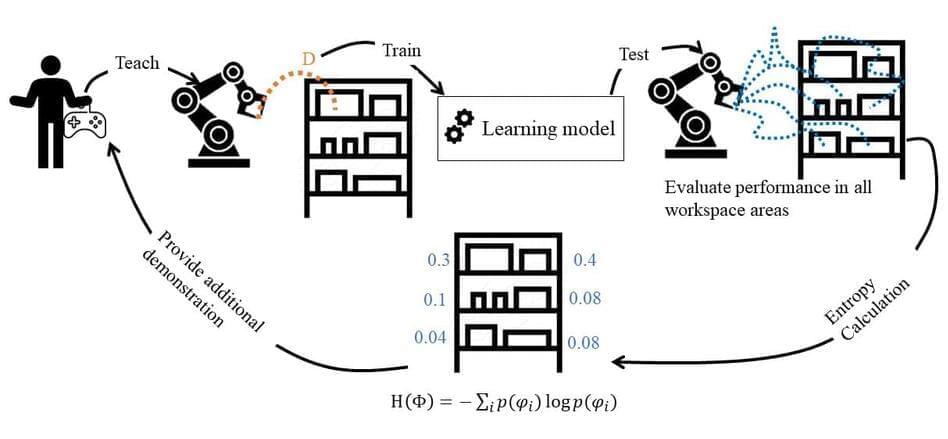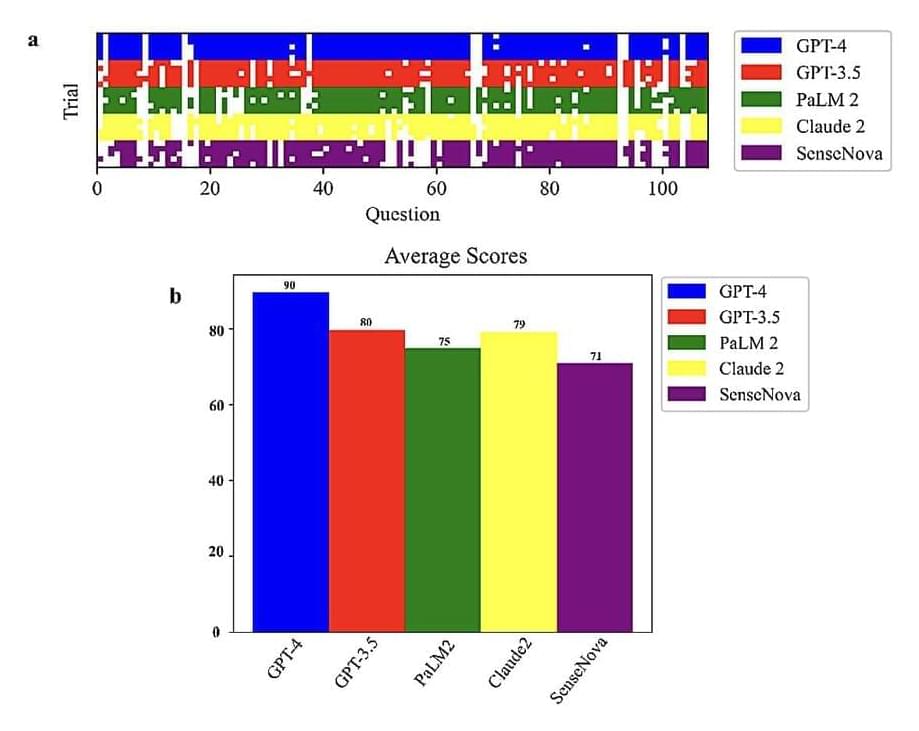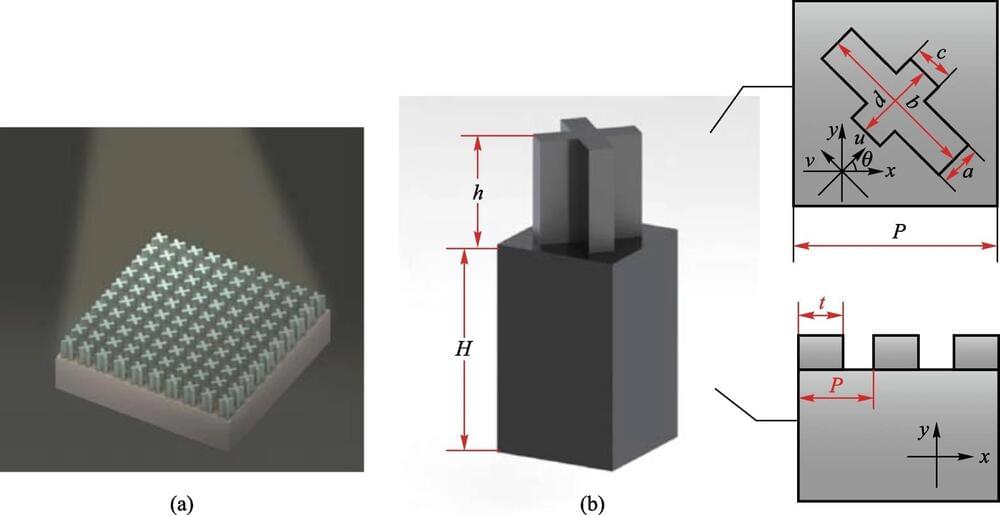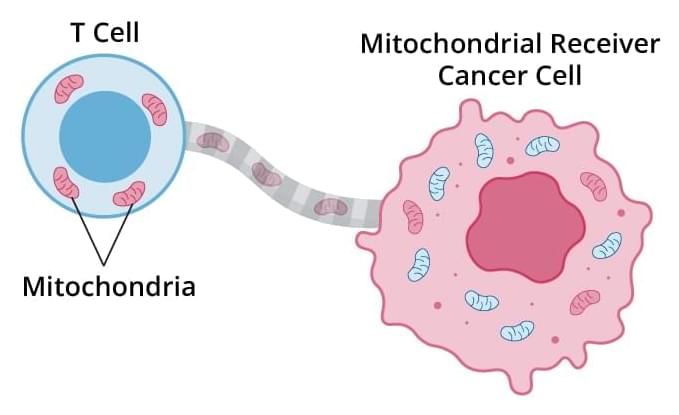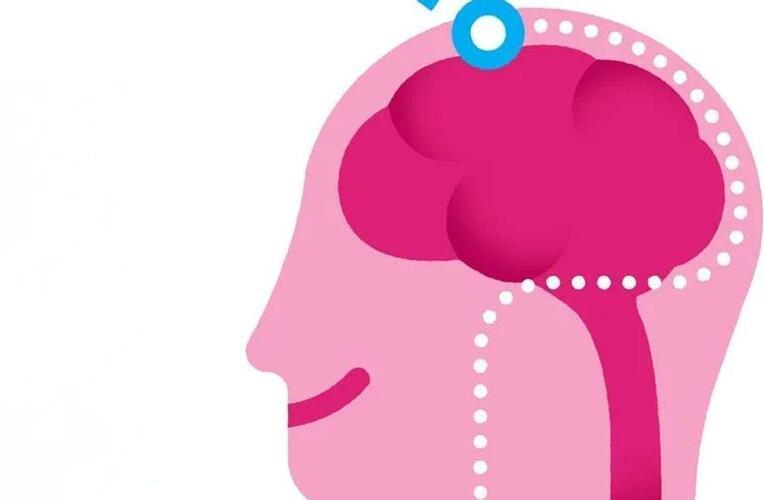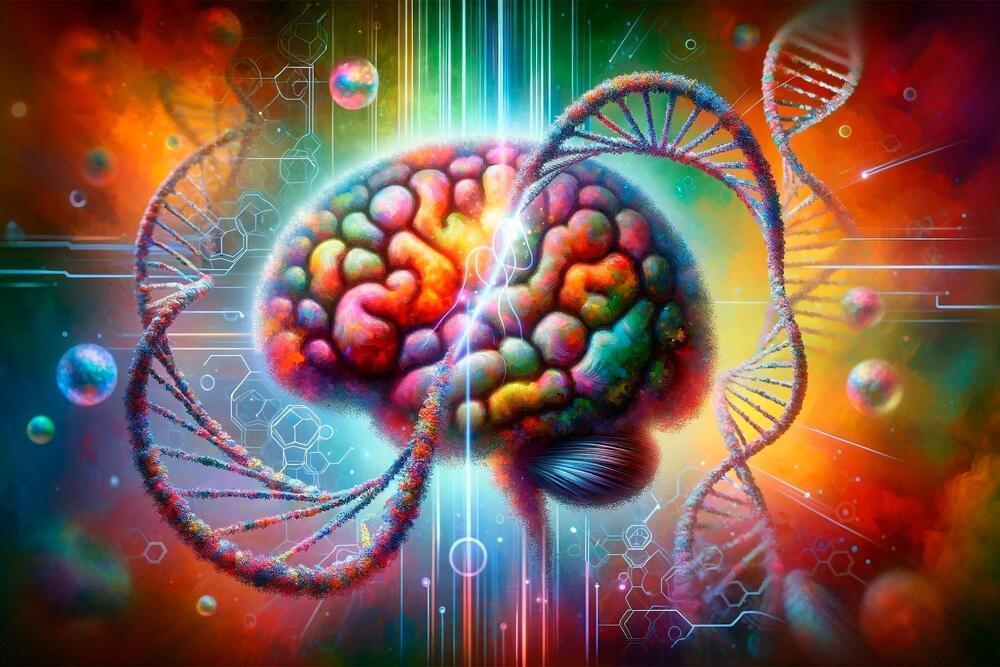Scientists have discovered a new way to destroy cancer cells. Stimulating aminocyanine molecules with near-infrared light caused them to vibrate in sync, enough to break apart the membranes of cancer cells.
Aminocyanine molecules are already used in bioimaging as synthetic dyes. Commonly used in low doses to detect cancer, they stay stable in water and are very good at attaching themselves to the outside of cells.
The research team from Rice University, Texas A&M University, and the University of Texas, says the new approach is a marked improvement over another kind of cancer-killing molecular machine previously developed, called Feringa-type motors, which could also break the structures of problematic cells.


